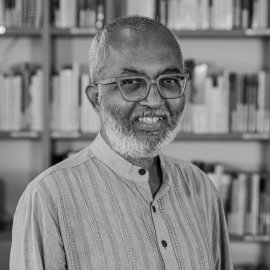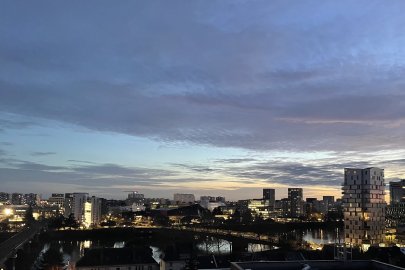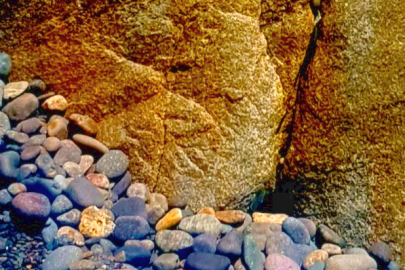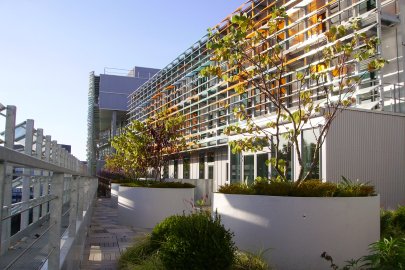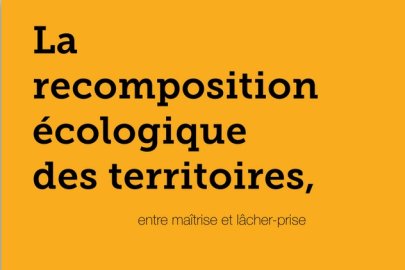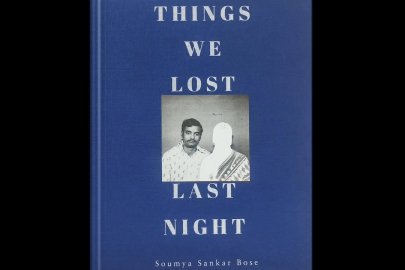"Habiter le monde autrement?"
Ashley Tellis
‘A different way of living in the world’ or its variants, like the slogan ‘Another world is possible’ emanating from the World Social Forum, are becoming increasingly pervasive.
What do these slogans actually mean? Is ‘a different way of living in the world’ possible when the damage caused by the way we have lived, and continue to live, in it is irreversible? How do we simply vault ourselves into ‘another world’ when this one is all we have?
The desire for a different world is like the desire for the alternative Symbolic that the French feminists, like Julia Kristeva, extrapolated from the work of Jacques Lacan. Kristeva marked the pre-Oedipal as the carnivalesque, the semiotic, the disruptive. But as British Marxist-feminist-psychoanalyst Juliet Mitchell pointed out, the pre-Oedipal and the Oedipal are not separate universes. “The imaginary, the semiotic, the carnival is not an alternative to the symbolic. It is set up by the law as its own ludic space. It is an imaginary alternative, not a symbolic alternative,” Mitchell wrote. The carnival, to Mitchell, is disruptive of the law but only within the terms of that law and an alternative Symbolic/alternative Law is not possible.
For an Institute located in the Global North to enunciate the desire for a different way of living in the world and to make a gesture toward the Global South to enable that, multiple forms of self-reflexivity are in order. Does not such a desire that is articulated from this geopolitical location amount to another form of imperialism? Isn’t the acknowledgment of the histories of colonialism and extractivism crucial to such an enunciation?
For participants from the Global South in such a conversation, isn’t a recognition of the damage of imperialism and colonialism as important as the recognition of the neo-imperialism and neo-colonialism and the complicities of class and caste and gender in them? As Gayatri Spivak reads the term complicity, we are ‘folded in’ to the Global North and there is no wishful escape from that into innocence or the moral high ground. The Global South is more or less uniformly invested in the same planetary genocide as the Global North. We seem to have learnt nothing from observations of how that vision of the world has run aground in the West.
The imagining of a different world inevitably must happen in this world on a ravaged middle ground, into which we are all folded. Such a ground is not level nor is it neutral. Further, what is the space of this ground? Culture is often invoked as the magical, redemptive space: we encounter ways of inhabiting the world different from ours, romanticise them and seek to incorporate them, in a return of the imperialist impulse. That it is often done in a language of learning, or learning to learn from below, is somewhat disingenuous.
Talking to each other with an awareness of all the asymmetries is a start. It may not lead to a different way of living in the world (indeed we might discover, on both sides, older ways of living in the world to which we might return) but it might help us step back from the precipice where we all stand.

